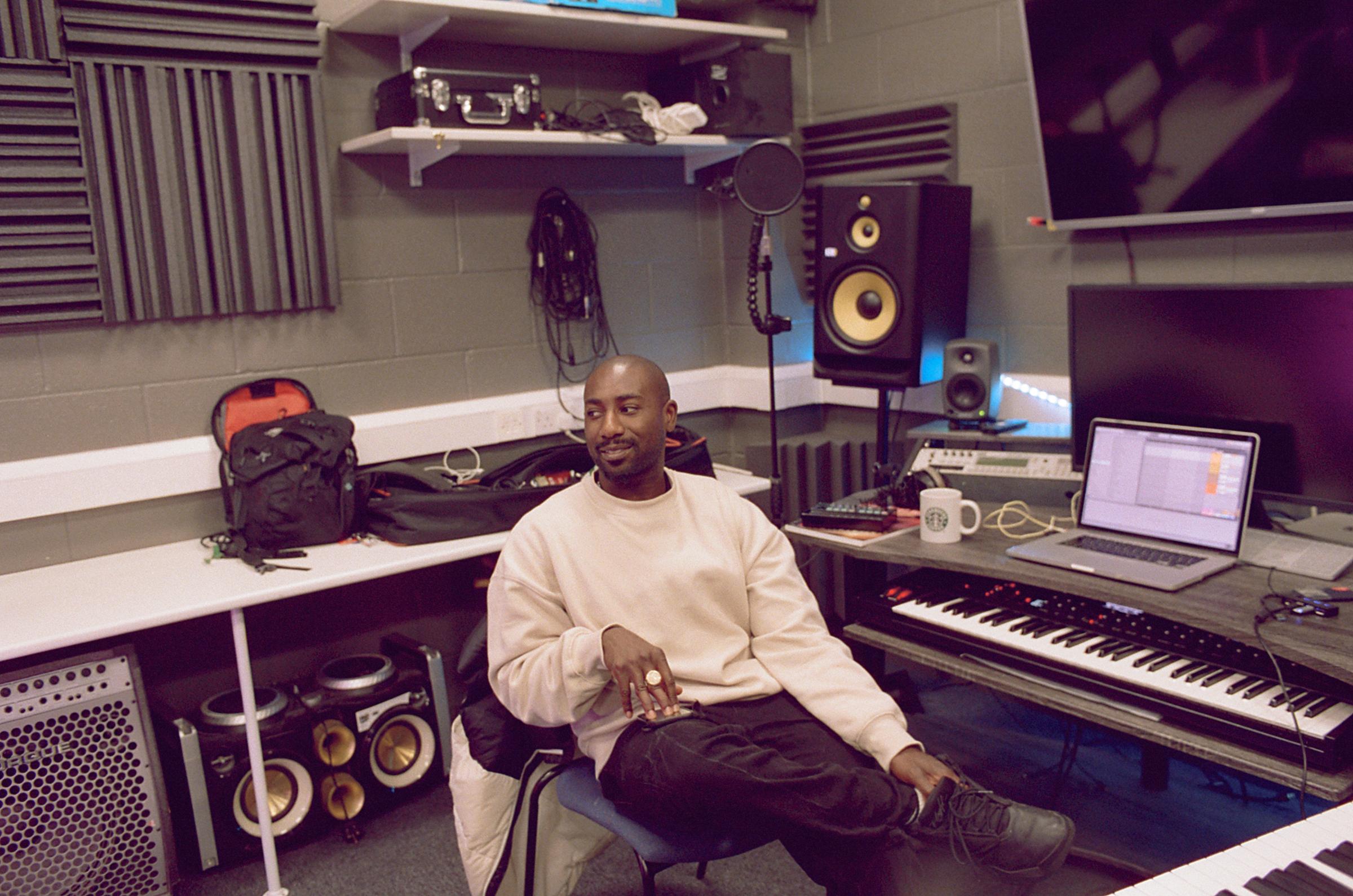Union recognition marks a new approach for JRF
JRF has long recognised the important role of trade unions in shaping positive social change. In this blog, Paul Kissack welcomes Unite the Union as the first to represent JRF staff.
Sometimes we have focused on the role that unions can play in advancing the interests of employees and contributing positively to organisational effectiveness and economic success. At other times we have focused on the important role that unions can play in promoting the self-organisation of people at risk of poverty due to imbalances in power.
It is perhaps odd then that JRF itself has never recognised a union. As someone who prior to joining JRF spent twenty years in the public sector, I have never previously worked somewhere which doesn’t recognise a union (or indeed multiple unions). This is not to suggest that JRF has been backward in its approach to employee relations. Far from it. We have an active Staff Council which works closely with senior managers on a wide range of issues, including pay and reward. And, partly thanks to that, JRF has a strong set of progressive employment policies and practices. For 2023 we were also able to agree a pay increase of 9% for all staff in both JRF and the Joseph Rowntree Housing Trust (JRHT), except for the most senior managers who received a lower amount.
But the absence of a recognised union at JRF remains a curiosity. Perhaps the reason lies deep in our history. We are an organisation which reflects a lot on our heritage in shaping our present. The ‘Founder’s Memorandum’ written by Joseph Rowntree in 1904 remains a source of guidance for much of our work. Many of his achievements – including the village of New Earswick – are sources of inspiration. His portrait hangs in my office and many a time, when we face challenging organisational questions, I find myself wondering ‘what would Joseph do?’. Invariably, whatever decision is reached, there will be someone who will very confidently tell me that Joseph would be ‘spinning in his grave’, but I usually have my doubts. Joseph Rowntree was a more complex figure than often depicted – a fair but hard-headed businessman as well as a philanthropist. And his views on certain issues changed over time.
It is usually noted that Joseph was sceptical about the role of trade unions. Whilst famous for his progressive approach to employee relations, he is most often seen to have been driven by a benign paternalism, rather than a desire to share power. In fact, I think the story is more complicated than that, especially as it evolved during a time when the Rowntree company was expanding rapidly. Many of the changes which Joseph introduced in the early twentieth century, along with his son Seebohm, have the character of a more democratic industrial approach – sharing power and decision-making with factory workers, including over the promotion of managers or disciplinary matters. As times changed, so did the Rowntree approach.
Today, at a moment when we see deep poverty and destitution in the UK rising, and extremes of wealth and power being entrenched, the important role that unions can play is perhaps more apparent than it has been for decades. Every day on the news we are witnessing that power in action. As an organisation setting out our own commitment to support the transition to a more equitable future, JRF should welcome the collective action of those who have too often felt powerless in the face of injustice. And in this context, trade unions offer a source of hope – a potential driver of social change.
Now, for the first time in our history, JRF will ‘walk the talk’ on the importance of unions. At the beginning of this year, I was pleased to sign a voluntary recognition agreement with Unite the Union. The agreement covers all staff within JRF and makes clear that the organisation will now negotiate with the union on collective pay and related matters (such as hours and annual leave) as well as consulting with the union on a number of other areas. I’m very grateful to Unite – and to its members within JRF – for seeking this recognition, and working with the JRF Executive during 2022 to settle the terms of the agreement. I’m grateful too to JRF Trustees for supporting this new direction. And I’m very much looking forward to putting into practice the principles which JRF has long supported.
Joseph Rowntree liked to quote the American poet Russell Lowell:
New occasions teach new duties; time makes ancient good uncouth.
As times change, so our approach must too; 2023 will mark a new approach for JRF.

This comment is part of the work topic.
Find out more about our work in this area.
